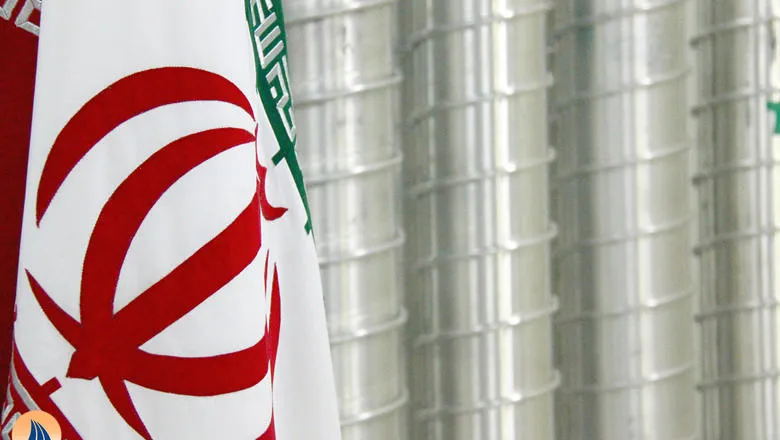17 June 2019
Iran eases nuclear restrictions; an environment for miscalculation and escalation.
Ian J. Stewart, Director of Project Alpha
Iran has been threatening to withdraw from the JCPOA, since the withdrawal of the US in 2018. While Iran needs to be seen responding to the US and applying pressure on the EU, there are also drivers for exercising restraint

Since US withdrawal from the JCPOA in 2018, Iran has been threatening withdrawal while taking more measured responses. Today’s announcement is a further limited measure by Iran intended to apply pressure to the EU and the US. There are reasons that Iran needs to be seen to respond to US withdrawal – as well as more recent allegations in the gulf – but there are also drivers for restraint on Iran’s actions. All this creates an environment for miscalculation and escalation.
There are several drivers for Iran escalate:
- Tehran needs to be seen to respond to US withdrawal, particularly for its internal Iranian audience. Rouhani and Zarif are relative moderates and are under pressure from other factions. The limited measures Iran had taken allowed Rouhani and Zarif to say that they are doing something without a full Iranian withdrawal from the JCPOA.
- The need to pressure the EU into countering US pressure in order to make INSTEX work. INSTEX is ostensibly valuable to Iran as is intended to provide a limited mechanism to offset US sanctions. Yet its real value is political. Rouhani and Zarif can showcase domestically as a diplomatic win against the US and as a fig leaf reason to stay in the JCPOA.
- In relation to both points, pressure for Iran to go further also builds over time. It is in this context that Iran has laid out a timetable for easing compliance with the JCPOA.
There are also drivers for Iranian restraint:
- If Iran escalates too far it will lose European support. If Tehran must respond, it must be measured.
- If Iran did lose EU support, it would be likely that UN sanctions resolutions will resume. Despite this, Iran can probably cope as it would not directly limit Iran’s ability to sell oil; that’s really down to US and formally EU sanctions rather than UN sanctions.
- If Iran goes too far, it would risk a military response from the US and Israel. A complete JCPOA withdrawal by Tehran is likely to lose Russian and Chinese support.
The outlook is risky and unclear:
- There is a limit to what the EU can do to save the JCPOA. The EU should make INSTEX work. Beyond that, it will be for Iran to decide whether this is ‘enough’.
- While Iran is taking calculated steps in protest, there are clear risks of escalation and miscalculation, particularly since Tehran has already laid out an escalation timeline. It’s far from clear that the EU could do enough for Iran to sell internally to justify backing down.
- Iran is not a unitary actor; the IRGC is not under Rouhani’s control and the hardliners can further push more moderate voices out.
